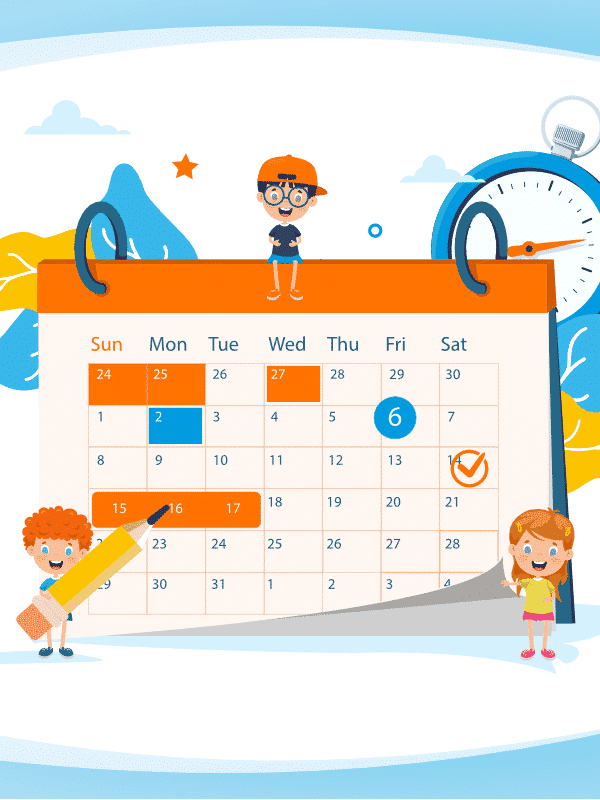Check out our Q & A about being a bilingual parent that wants to give another language to your children.
How do we do that? Parents ask questions about challenges they have with their bilingual household. Today’s question is: Can I teach my kid a second language if I don’t speak that 2nd language perfectly?
Micah Belllieu and Alexandra Gastelum-Sullivan discuss this very question. Here is a synopsis of the video they created:
The first thing to consider is where you live. If you live in an English speaking country, your kid is going to speak fluent English no matter what. (So if you’re a bilingual parent and your child’s target language is your second language but you live somewhere where the target language is spoken widely, the child will learn the language). Never worry about the language spoken where you live – your child will learn that in school. Focus on the language that few people speak.
Some Concerns You May Have about Teaching Your Child Your Second Language:
“Is my kid going to have an accent like mine and not a native-sounding accent?”
“Am I going to teach them bad habits of Spanish because I’m not a native speaker?”
Don’t worry about those things. It’s okay if your child is saying a couple of words wrong. It doesn’t matter. It’s more important that they get a strong level of fluency, rather than perfect fluency. And kids don’t speak perfectly in any language, so it won’t be noticed. Eventually, if your child meets native speakers, they can get corrections. Or maybe when they are 12 years olds, you find a native speaking tutor that can work with your child online once a week to iron out the mistakes with accent, vocabulary or grammar.
Other Ways to Improve Your Child’s Language Learning
-
A second way to improve for only $11 per month. Use the technological resources you have, like YouTube, and Netflix, to surround your child with native speakers.
-
Speak the target language as much as possible. The hardest thing for most parents is getting all the exposure time in the minority language that is needed for true second language acquisition. You’ll need hundreds and hundreds of hours of just hearing the language back and forth in conversations for them to really get it, so speak it as much as possible.
-
Eventually, the parent could find another parent who is fluent in the target language (or the second language you are trying to teach your child) and go on playdates with the kids.
-
You could employ a native tutor to correct small things at age 4 or 5.
-
You can find someone in the neighborhood who is a native speaker and pay them to babysit or play with your kid. Don’t worry about your kid learning the wrong vocabulary because that can easily be fixed later. The listening comprehension, fluency and consistency that you’re able to provide your child are important.
Interested in small conversational group Spanish classes online for kids ages 4 – 17? Beginners, dual language (kids who hear Spanish daily and understand a lot) and classes for teens. Contact us.


